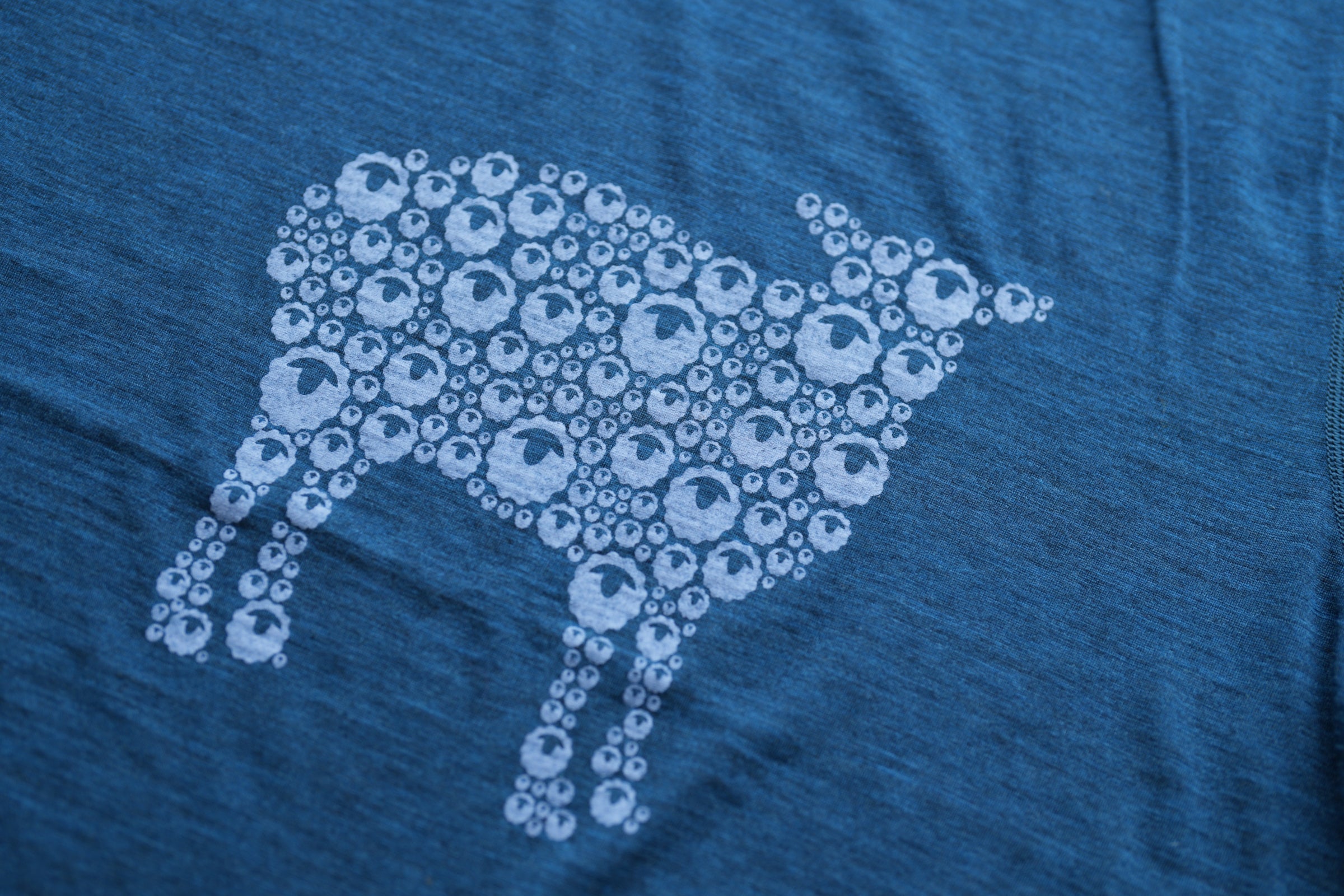
How Merino Wool Reduces Microplastic Pollution
The widespread use of synthetic fabrics has led to an environmental challenge that often goes unnoticed — microplastic pollution. Every wash of synthetic clothing releases microscopic plastic fibers into waterways, eventually contaminating oceans, harming marine life, and even entering our food chain. The good news is there’s a natural, sustainable alternative.
At Isobaa, we’re committed to minimising environmental impact while maximising performance and comfort. Our Merino wool clothing offers a biodegradable, long-lasting solution that helps combat microplastic pollution at its source.
What are microplastics, and why do they matter?
Microplastics are tiny plastic particles (less than 5mm in size) that originate from various sources — including synthetic textiles like polyester, nylon, and acrylic. Every time these materials are laundered, thousands of microscopic plastic fibers detach and enter wastewater systems. Unfortunately, most filtration systems cannot effectively capture them, allowing these pollutants to infiltrate rivers, lakes, and oceans.
The fashion industry is a significant contributor to this issue, with recent estimates suggesting that over 30% of primary microplastics in the ocean originate from synthetic textiles. This pollution disrupts marine ecosystems and can ultimately find its way into the food we consume.

How merino wool helps reduce microplastic pollution
Unlike synthetic fabrics, Merino wool is a natural fiber that does not shed microplastics — making it an environmentally responsible choice.
-
100% biodegradable
Merino wool naturally decomposes in soil and water within a few months to a few years. Rather than leaving behind persistent plastic waste, it breaks down into beneficial organic matter that nourishes the environment.
-
No synthetic shedding
Synthetic fabrics release microplastics into waterways, but Merino wool fibers remain intact longer, thanks to their natural elasticity and durability. Any wool fibers that do shed will biodegrade naturally instead of polluting ecosystems.
-
Renewable & sustainably sourced
Merino wool is a renewable resource, harvested from sheep that regrow their fleece each year. At Isobaa, we source non-mulesed Merino wool from responsible suppliers, ensuring ethical and sustainable production practices.
-
Built to last, reducing waste
Fast fashion fuels environmental waste, but Merino wool is designed for longevity. Its resilience means fewer replacements, reducing textile waste and lowering your overall environmental footprint.
Make the switch: choose natural over synthetic
Opting for Merino wool over synthetic fabrics isn’t just about choosing high-performance clothing — it’s about making a conscious decision to protect our planet. At Isobaa, we believe in creating sustainable, adventure-ready apparel that aligns with nature and enhances your everyday experiences.
Join us in reducing microplastic pollution
Switching to natural fibers is a small but impactful step toward a cleaner planet.
Shop Merino


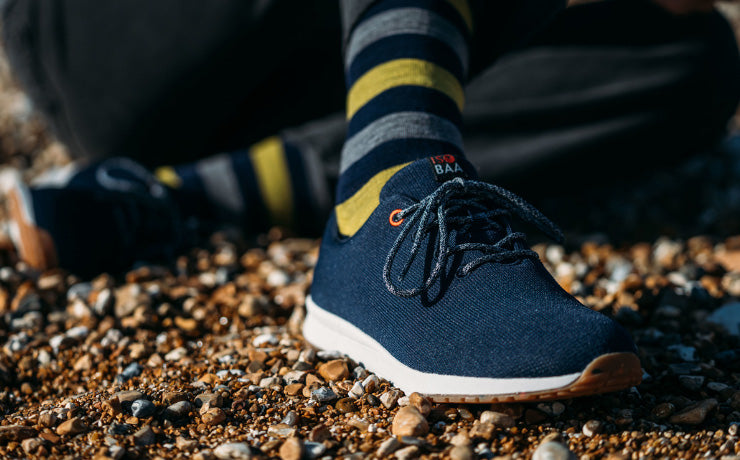






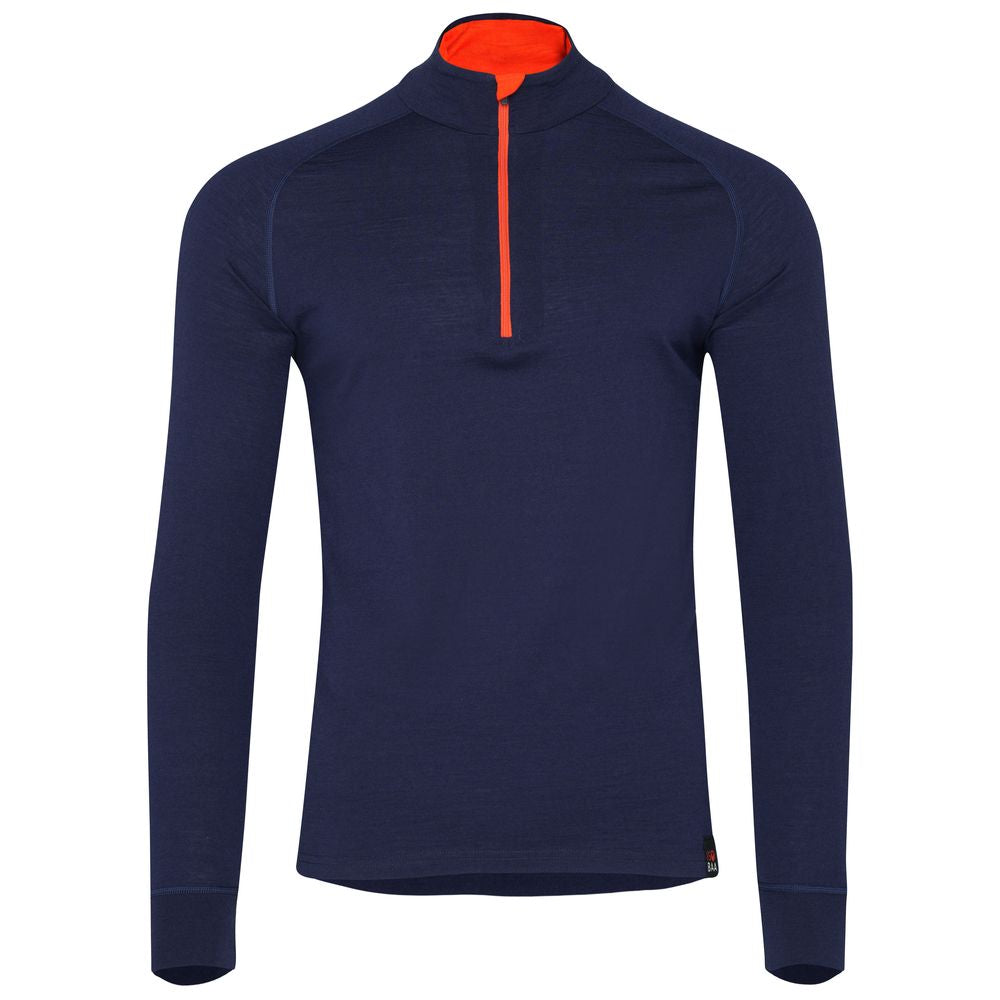

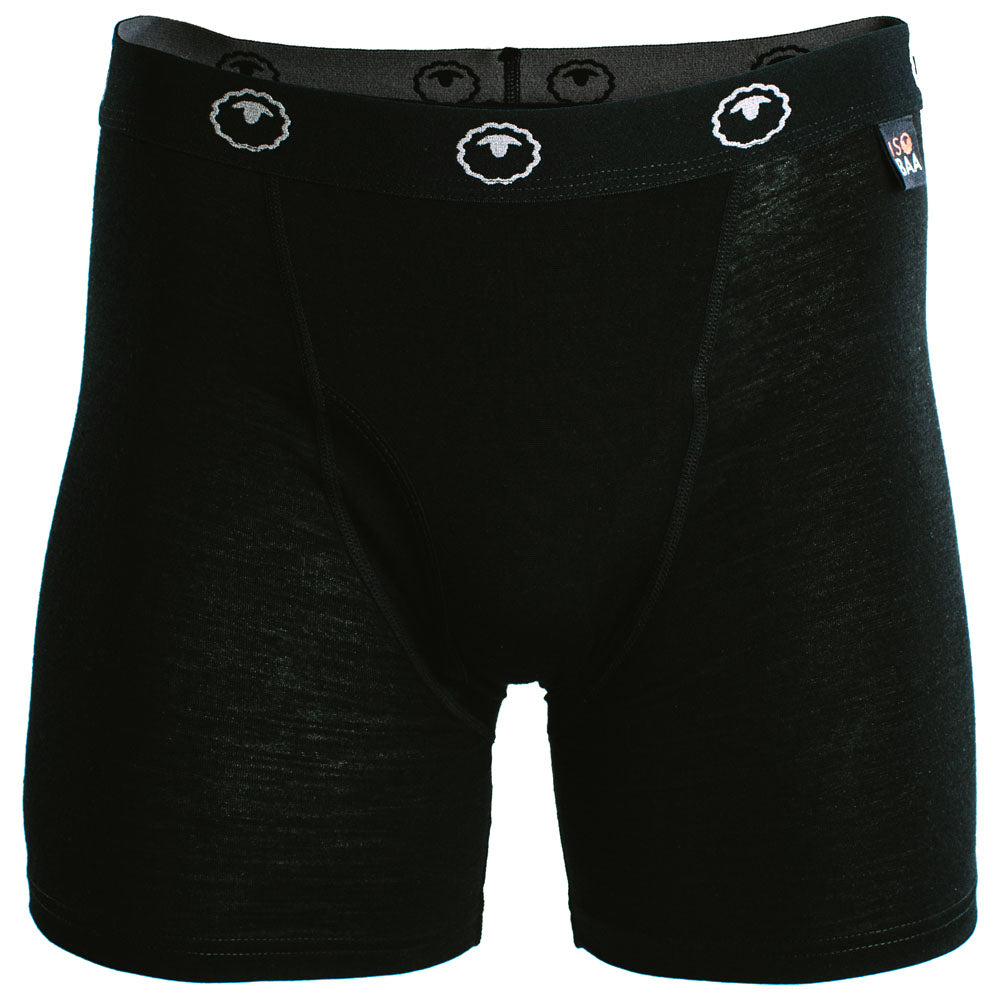

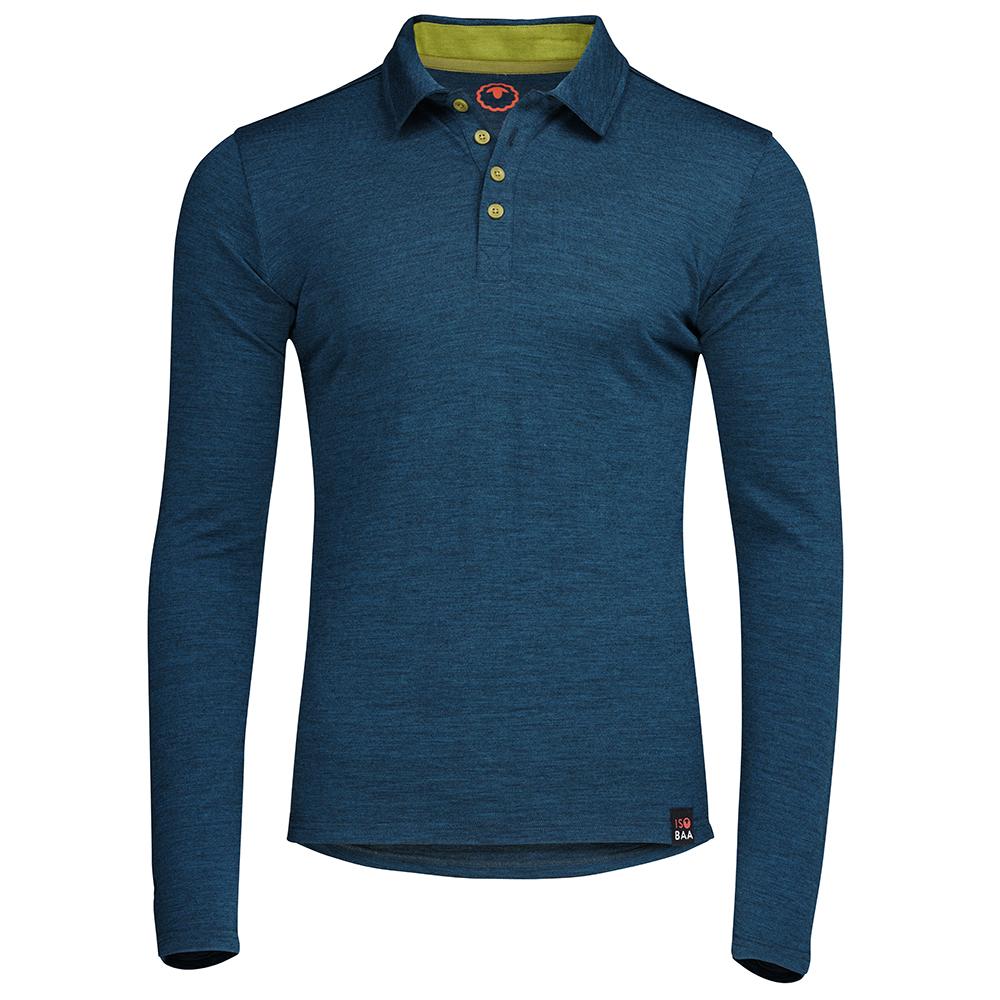

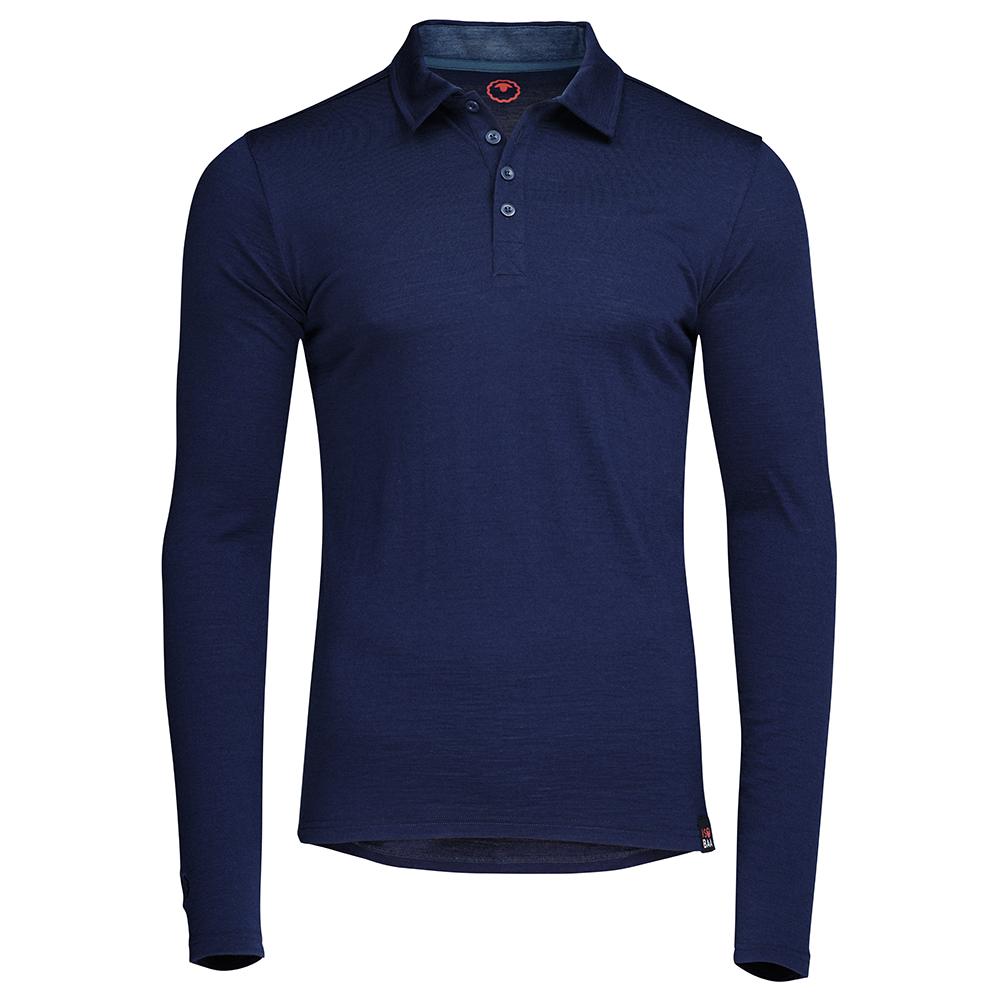

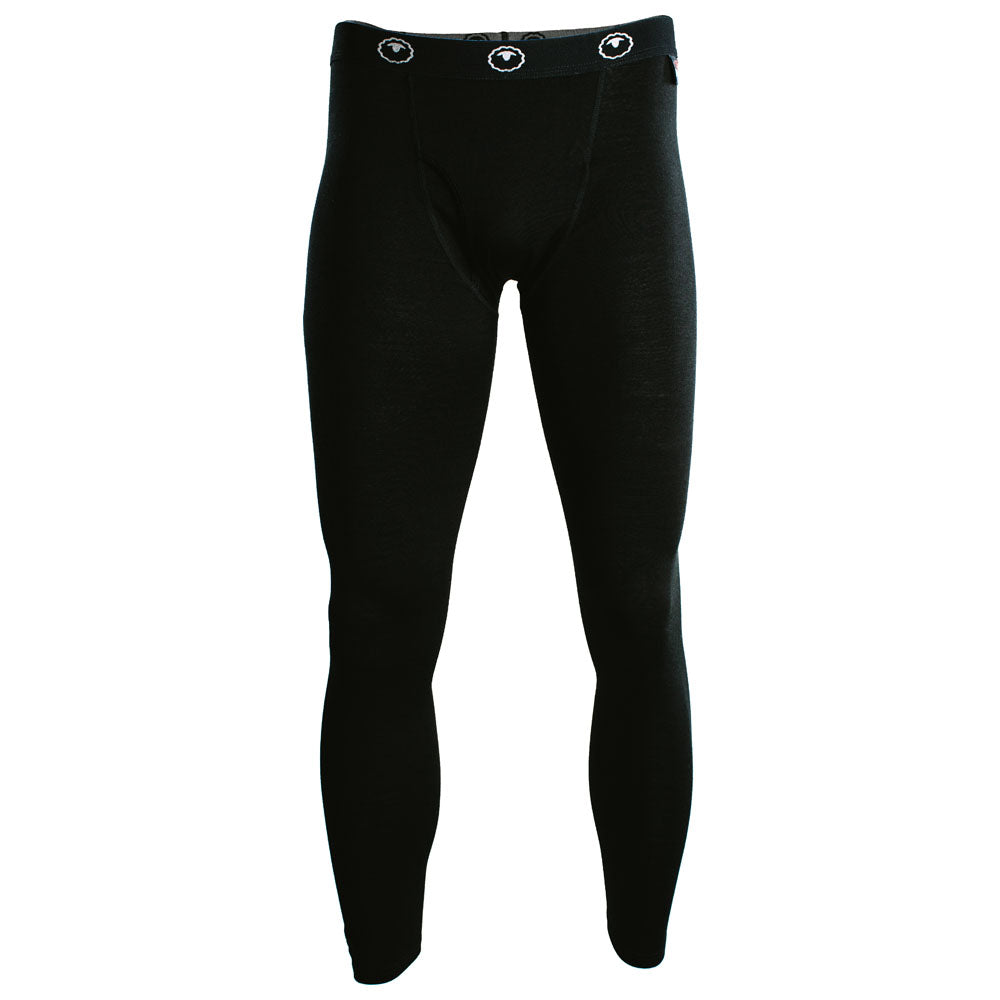

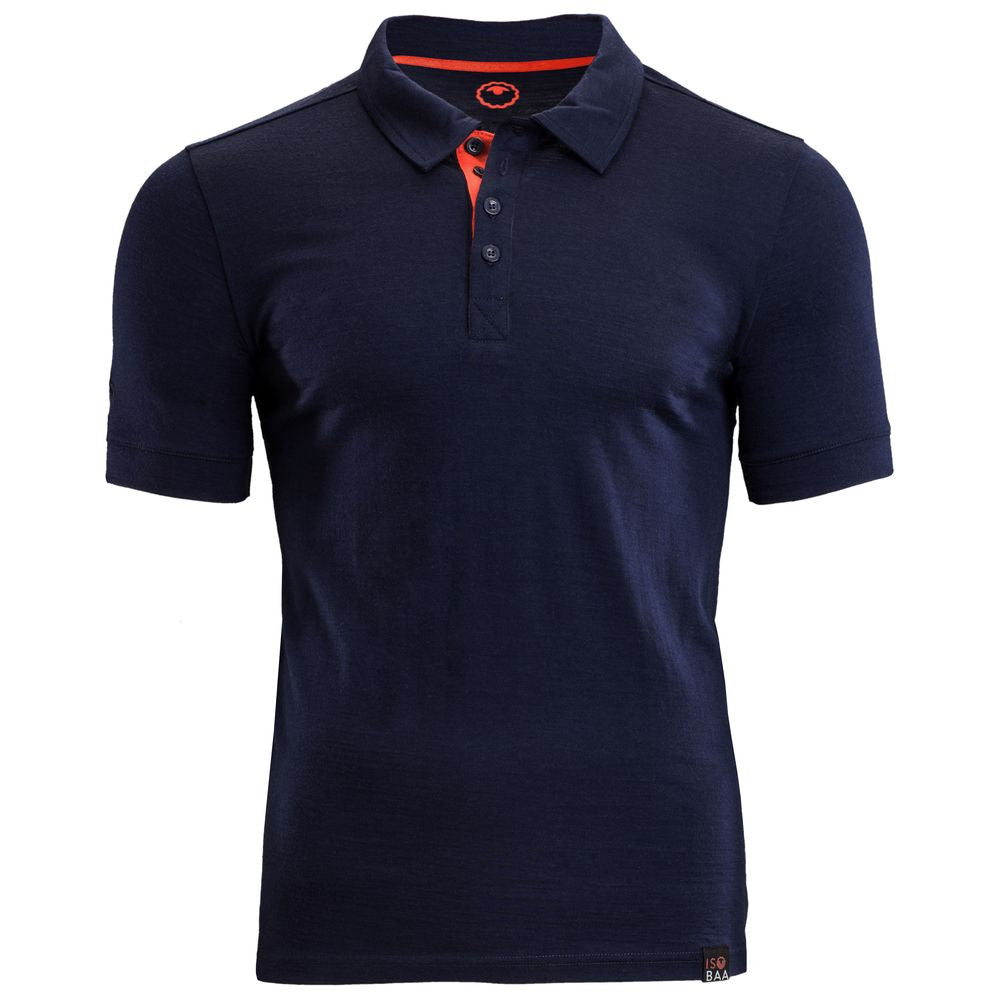

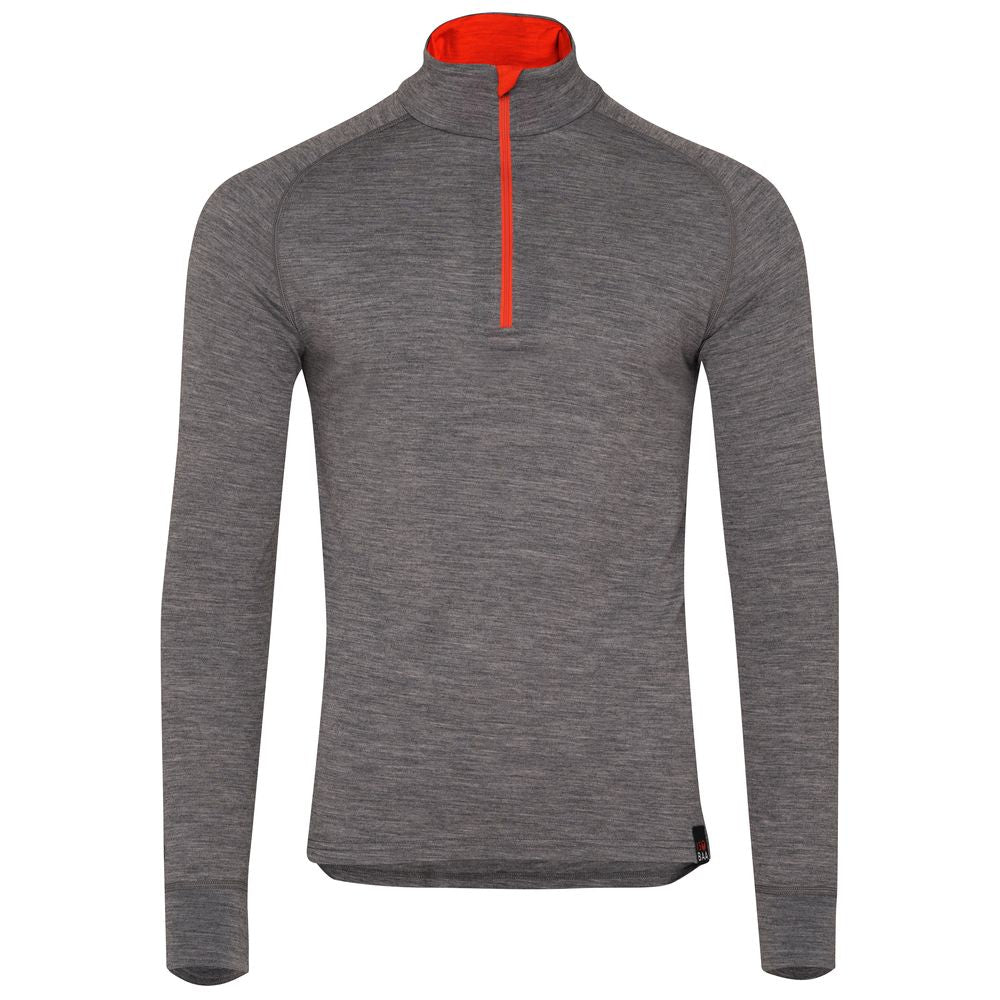

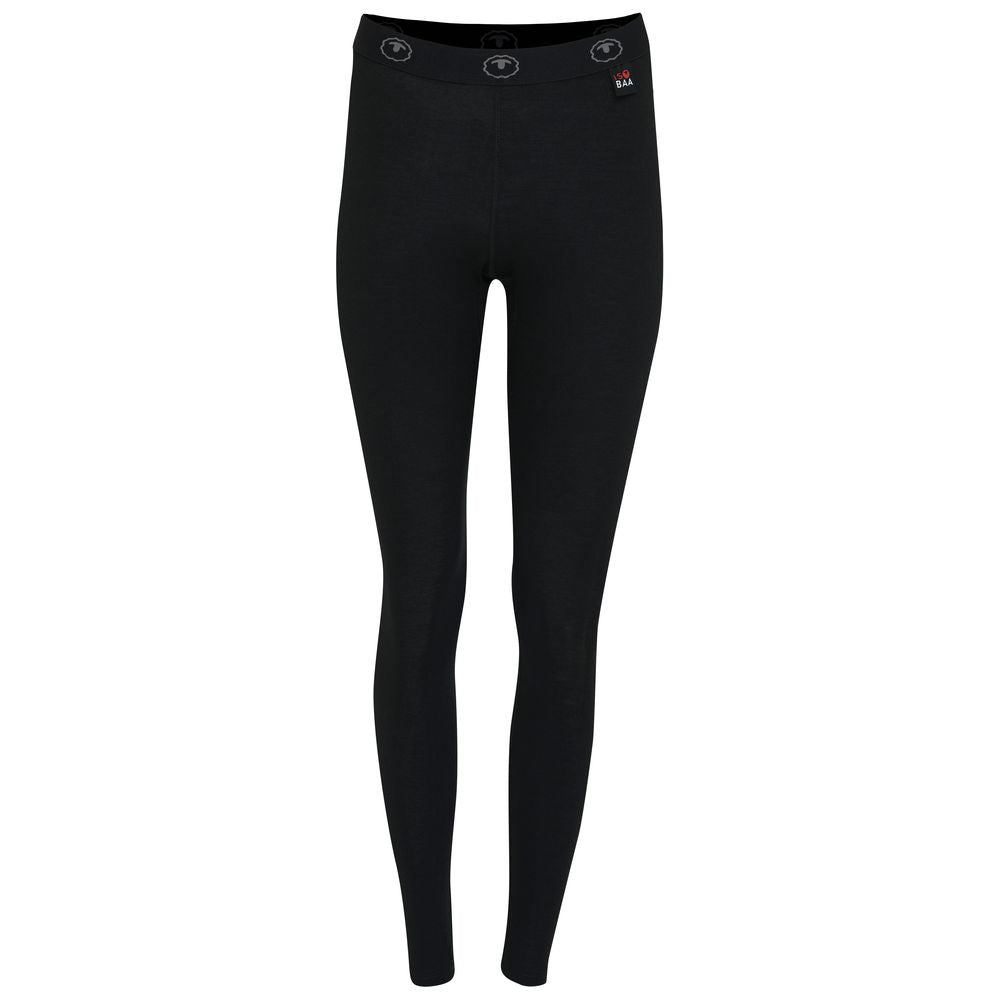

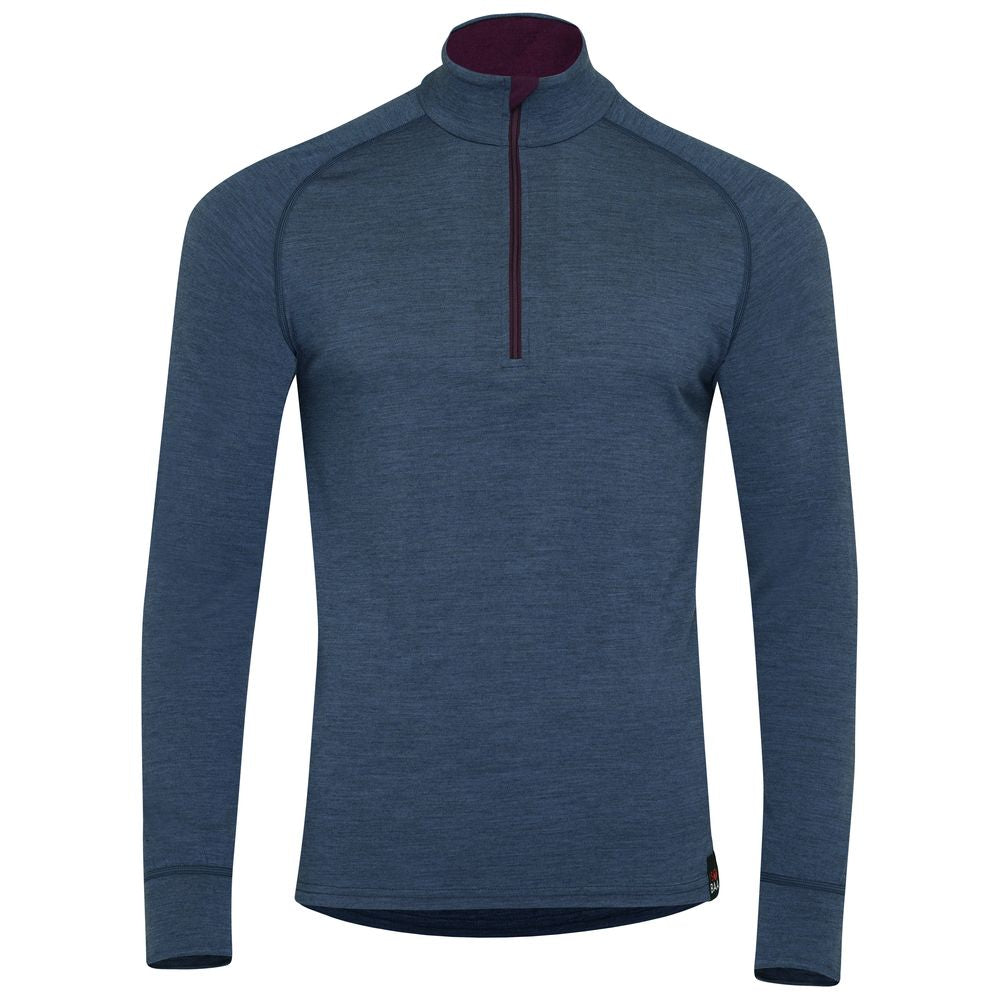

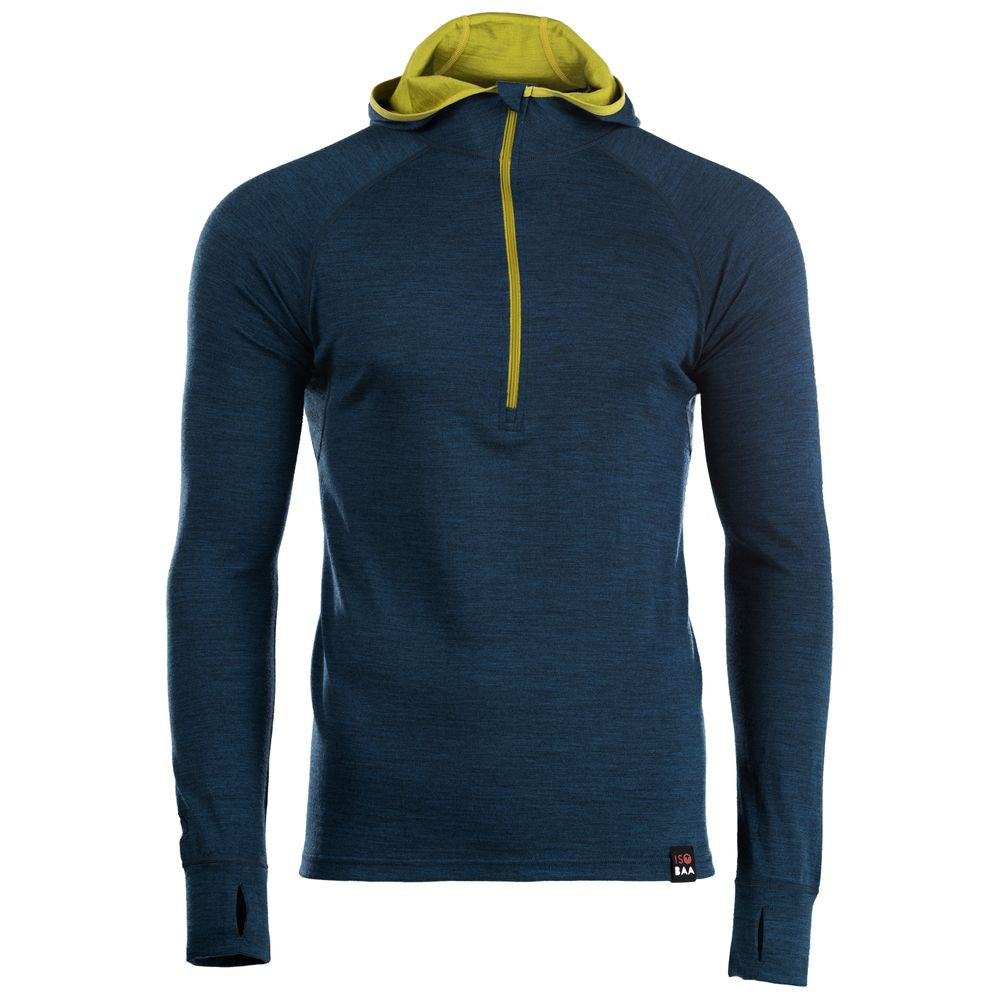

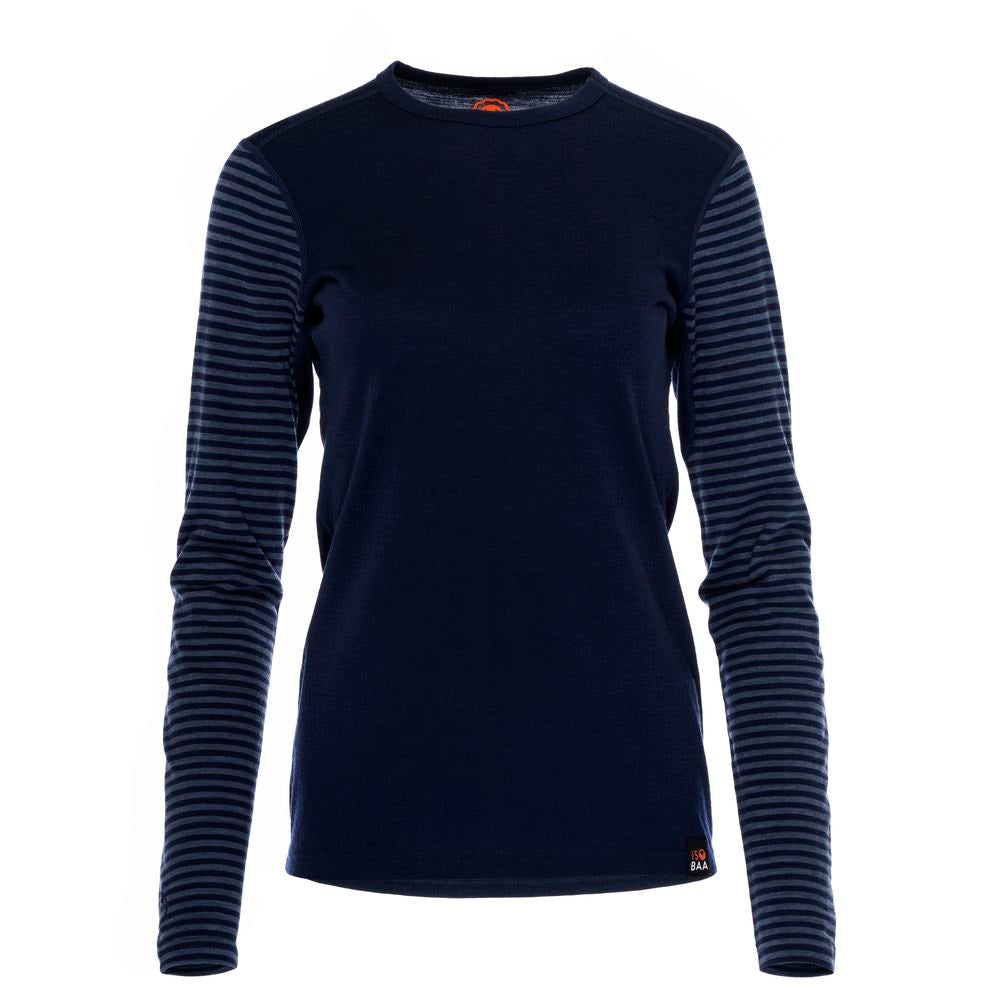

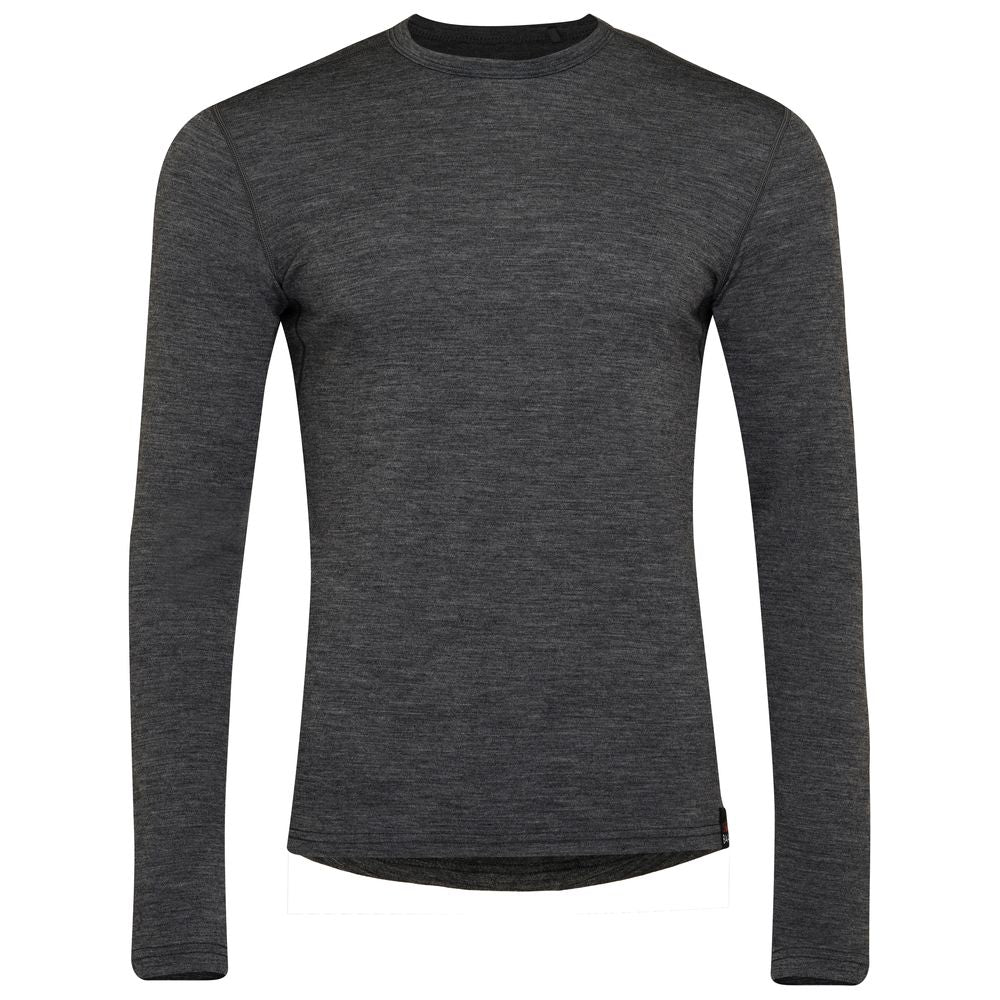

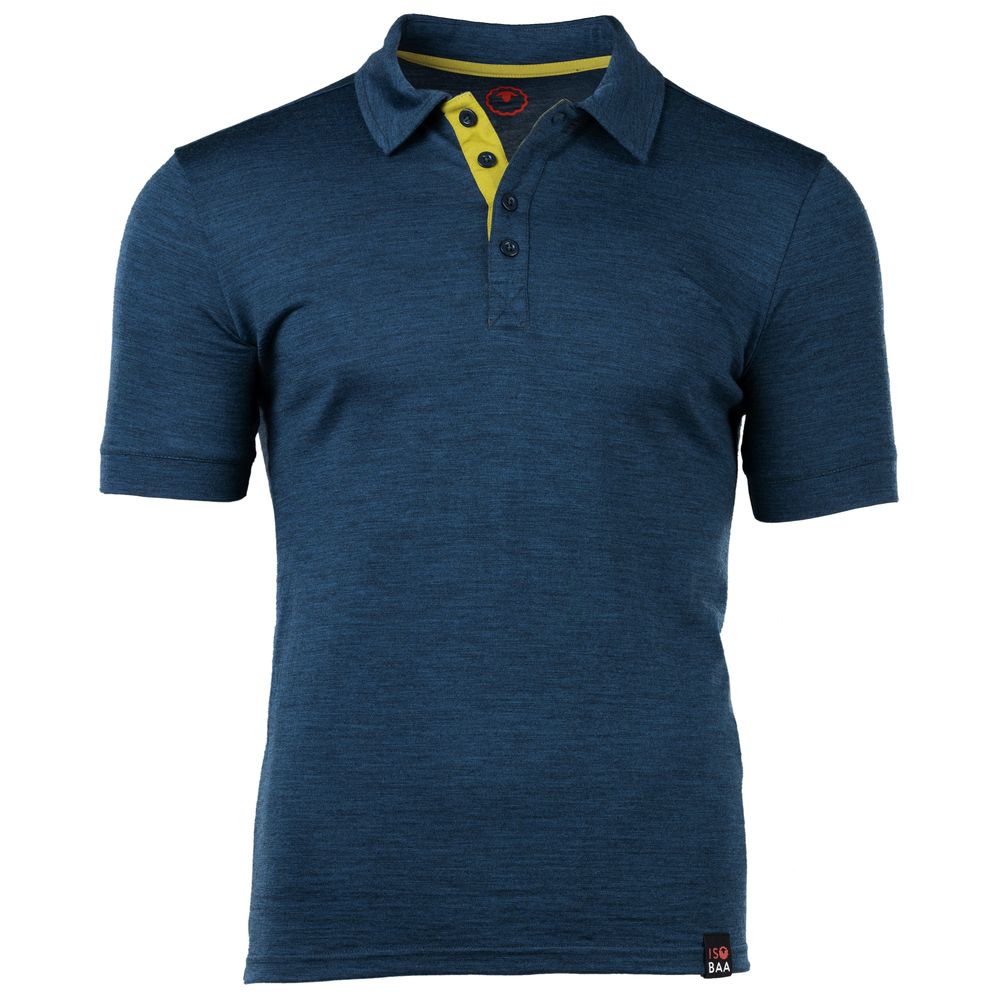

Leave a comment
This site is protected by hCaptcha and the hCaptcha Privacy Policy and Terms of Service apply.